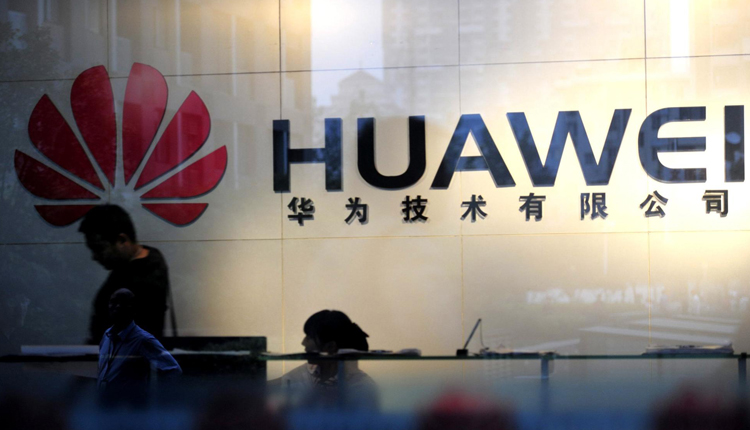Huawei unveils A.I. chips taking aim at tech giants like Qualcomm and Nvidia
Chinese tech giant Huawei unveiled two new artificial intelligence chips aimed at data centres and smart devices, pitting it against major silicon players including Qualcomm and Nvidia. The Chinese giant laid out a strategy it hopes will drive growth in the next few years.
The new chipsets are called the Ascend 910 and Ascend 310 and were revealed Wednesday at the Huawei Connect conference in Shanghai, China.
Huawei’s Ascend 910 is aimed at data centers. Companies using AI applications require huge amounts of data to train smart algorithms, which can take several days or weeks. Huawei claims that its chip can process more data in a faster amount of time than its competitors and help train networks in a matter of minutes.
The Chinese technology giant already offers cloud services and, by selling the hardware along with software and services, Huawei is hoping to drive further growth to its enterprise business.
That business accounted for just over 9 percent of Huawei’s revenues in 2017 and grew around 35 percent year-on-year. The company will be hoping the Ascend 910 can help continue the strong growth. It will be available in the second quarter of 2019.
The Ascend 310, meanwhile, is aimed at internet-connected devices like smartphones, smartwatches and other gadgets tied to the so-called Internet of Things.
Both chipsets will pit Huawei against major players such as Intel, Qualcomm, Nvidia and Samsung. It’s a big switch in strategy for Huawei, which has so far designed and made chips for its own smartphones.
In 2017, it unveiled its first AI chip called the Kirin 970 and followed that up with the Kirin 980 earlier this year. The Kirin 980 will be in Huawei’s upcoming Mate 20 flagship handset.
But the Chinese firm is now pushing into AI chips for enterprise as well as consumer applications. Huawei said it will sell whole packages based on the chips to third parties, rather than just the chips themselves.
Huawei has a network business, cloud and consumer devices. It’s aiming to create an ecosystem around artificial intelligence applications.
“Going forward we need to think of new ways to prepare our business and industry for change. There are clear signs that AI will change or disrupt a whole host of industries,” Huawei Rotating Chairman Eric Xu said on Wednesday.
“AI will also change every organisation,” he said. “AI will change jobs and skills in a way … that is quite different from previous revolutions,” he added, predicting “there will be much less demand for jobs that handle repetitive tasks.”
Source: CNBC


